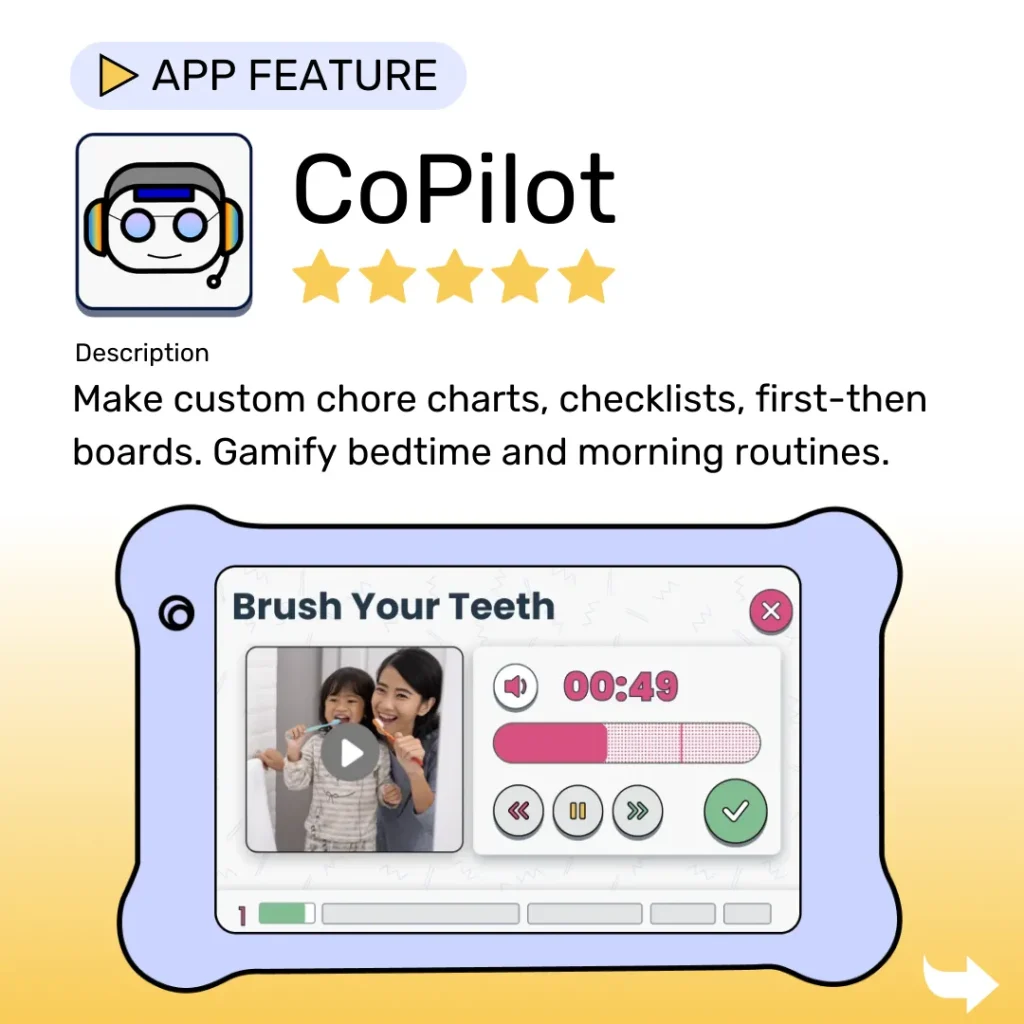Parents and caregivers often find that seeking the right educational environment for a child with autism requires more than a simple search. When typing “autism schools in Oklahoma” into a search engine, the hope is to find a setting where the child’s academic, social, and emotional needs are addressed. This isn’t about finding just any school; it’s about finding a haven where your child can thrive and grow.
Table of Contents
Top 5 Autism Schools in Oklahoma
In pursuing a top-tier education for neurodivergent kids, pour into this handy Oklahoma-specific review. These five schools, each with their unique merits, come highly recommended.
| Name of Location | Star Rating | Number of Reviews | Address | Hours of Operation | Unique Feature |
|---|---|---|---|---|---|
| Special Care Inc | 5.0 | 48 | 12201 N Western Ave | Closes 6 PM | Special Care Inc is renowned for its charity work, making it a great place for parents who wish to instill social responsibility in their children. |
| The Village Montessori School | 4.1 | 16 | 2812 W Britton Rd | Closes 6 PM | With a Montessori approach, this school fosters self-directed learning and independence, ideal for young explorers. |
| Brain Balance of Oklahoma City | 4.4 | 34 | 3545 W Memorial Rd | Closes 3 PM | Brain Balance is your go-to for specialized learning programs, targeting children with academic, social, or behavioral issues. |
| Good Shepherd Catholic School at Mercy | 5.0 | 5 | 13404 N Meridian Ave | — | For those seeking faith-based education, Good Shepherd offers a strong Catholic curriculum alongside academic excellence. |
| Trinity School | 5.0 | 5 | 3200 N Walker Ave | Closes 3:30 PM | If your child requires special education, Trinity School provides tailor-made programs to meet individual needs. |
What Kind of School is Best for Autistic Children?
Above all, the school’s environment matters. Neurodivergent kids need a nurturing space that fosters their unique way of thinking and learning. Schools with specialized programs experienced teachers, a conducive learning environment, and plenty of individual attention are especially suitable.
In addition, look for schools with a low student-teacher ratio, strong parental involvement, a focus on developing social skills, and an emphasis on using evidence-based educational methods.
What Age Do Autistic Children Go To School?
Kids with thinking and learning differences can begin school from a very young age. In fact, early intervention programs in public schools often begin at age 3 or even earlier. Meanwhile, in private schools, the age might vary. So, it’s important to research and understand the school’s admission durations.
After that, you might wonder, “Is there such a thing as too early?” Most importantly, remember this golden rule: every child is unique, grows at their own pace, and their readiness for school varies.

Read more: 5 Best Schools for Autism in the USA
Can an Autistic Child Go To a Normal School in the USA?
Certainly, yes. In other words, children on the autism spectrum can attend public schools and receive extra support services. These include special education, speech, and occupational therapy. However, depending on their individual needs, some children may benefit more from specialized schools. Above all, it’s about finding the right fit for your child.
Moreover, integration into regular schools comes with its advantages. It allows kids to develop peer relationships and fosters a sense of belonging. On the other hand, the key is balance and a competent support system.

Read more: Tips to Help Your Child Improve Focus and Concentration in School
Can Autism Improve with Age?
In short, yes. Autism isn’t a condition that a person grows out of. However, with consistent support and learning, children can develop coping skills and live fulfilling lives. In the same vein, early intervention plays a key role.
No child with autism is the same; they have unique strengths and challenges. Consequently, progress may look different from one child to another. Indeed, patience is a virtue, especially when there’s room for growth.
How Goally Can Help
Goally is a great tool for kids with ASD who are looking to improve their life and language skills. It can be used in the home or clinic, and it is tailored to the individual needs of each child. Goally is a digital therapy and teaching assistant that can help kiddos with autism spectrum disorder (ASD). Goally can help children with a variety of tasks, including:
- Learning New Skills: Goally’s video classes helps children learn new skills, such as: how to follow directions, how to interact with peers, and how to make a sandwich.
- Increased Communication: Goally helps children effectively communicate wants and needs while also teaching them their first 50 words, allowing children to participate in the world around them.
- Behavior Management: Goally helps children manage their behavior, both in the classroom and at home by rewarding positive behaviors created by parents and teachers.
Goally’s distraction-free kid’s tablet can be used as a therapy tool to help teach executive function, language, emotional regulation, finger dexterity skills, and more!
Selecting the right school for your neurodivergent child can be challenging. Still, armed with detailed information and careful consideration, it’s achievable. From the nurturing community of Special Care Inc. to the customized education at Trinity School, Oklahoma hosts many learning havens. Parents and caregivers have a diverse range of autism schools in Oklahoma to select from. Remember that while these institutions provide the groundwork, building on it at home with supportive learning tools like Goally can lead to your child’s success. Goally simplifies routines and helps manage tasks and rewards, creating a nurturing environment for kids to excel. With patience, support, and the right guidance, your child is destined to reach their true potential.
FAQ’s About Autism Schools in Oklahoma
What types of autism schools are available in Oklahoma? Oklahoma offers specialized autism schools that may be public, private, or charter schools. Some schools focus on specific methodologies like Applied Behavior Analysis (ABA). How do I find the best autism school for my child in Oklahoma? Start by considering your child's unique needs, then research schools that align with them. Visit schools, talk to staff, and ask about their approach, curriculum, and student-teacher ratios. Are there state resources to help with the cost of autism schools in Oklahoma? Some schools may have scholarships or financial aid available. Oklahoma also offers programs like the Lindsey Nicole Henry Scholarship for students with disabilities. What are the qualifications of teachers at autism schools in Oklahoma? Qualifications vary, but look for schools where teachers have specialized training in autism education and special education certifications. Some schools may have Board Certified Behavior Analysts (BCBAs) on staff. What other factors should I consider when choosing an autism school in Oklahoma? Think about the school's location, its therapy services, social skills programs, and their communication style with parents. Choose a school that feels like a good fit for your child and family.

Goally
We help parents teach their kids life skills, like doing bedtime and morning independently. Backed by science, we incorporate evidence-based practices and expert-informed designs in all of our apps and content.







